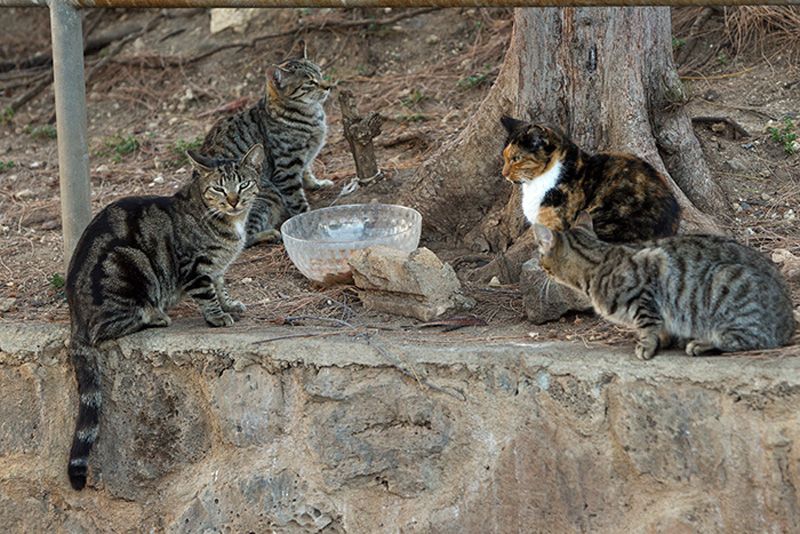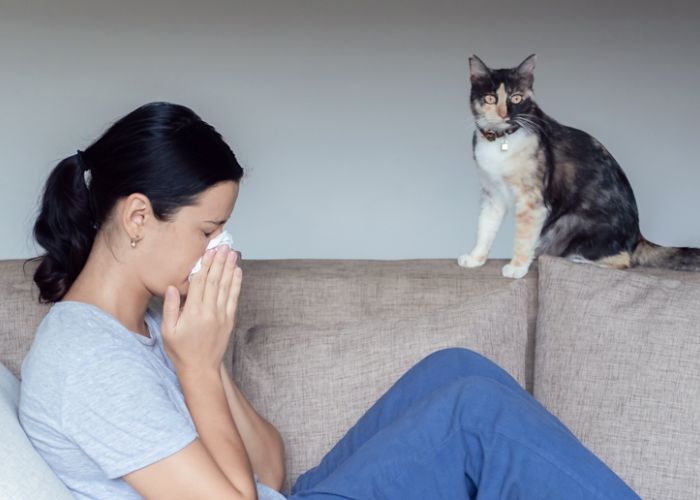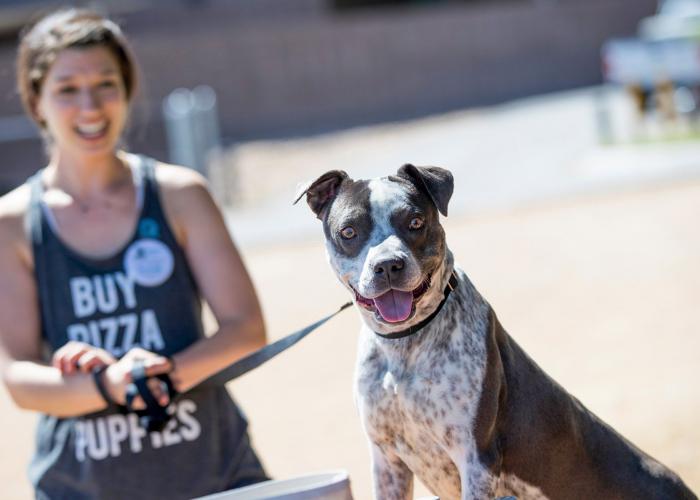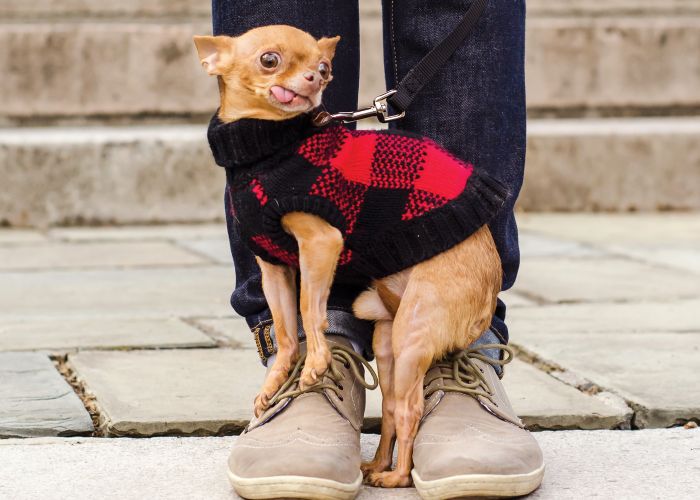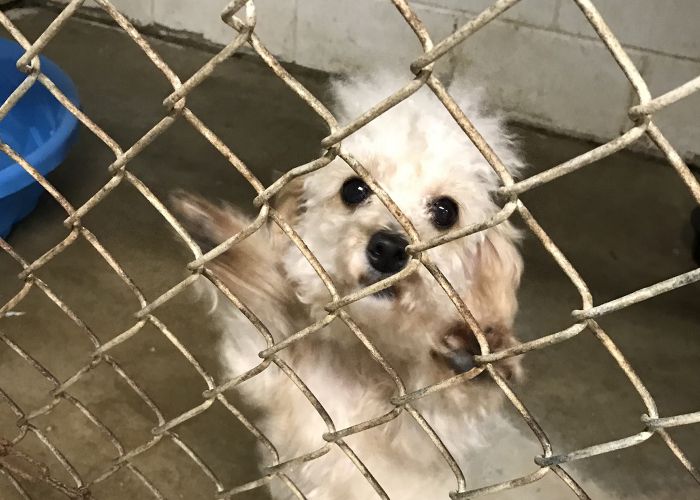Public policy matters
Reaping the real-life payoffs of policy work
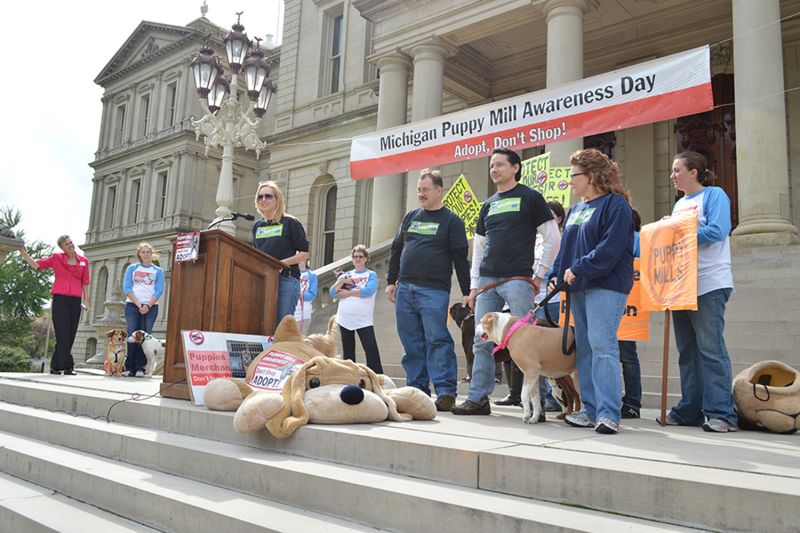
We get it: You’re insanely busy. The daily grind of caring for animals, counseling adopters, meeting with staff and volunteers, and raising money doesn’t leave a lot of extra time for you to step back and look at the big picture.
Here’s why you should do it anyway: Your state and local laws have a direct impact on your everyday work and your ability to reach your lifesaving goals. Perhaps it’s a mandatory 10-day hold that’s slowing down adoptions and contributing to disease outbreaks. Or breed bans that force your organization to euthanize perfectly friendly dogs based solely on how they look. Or a law prohibiting trap-neuter-return programs that results in endless litters of feral kittens coming into your shelter. Maybe these policies have been around so long, you just take it for granted that that’s how things have to be. You live with them as a necessary evil, or you try to find creative ways to work around them.
Guess what? Public policies aren’t set in stone. If they don’t make sense, if they don’t support best practices and progressive programs, if they don’t serve your animals or your community well, then they need to change. And as someone who sees firsthand the impact of animal-related laws in your community, you’re in the best position to know what the changes should be.
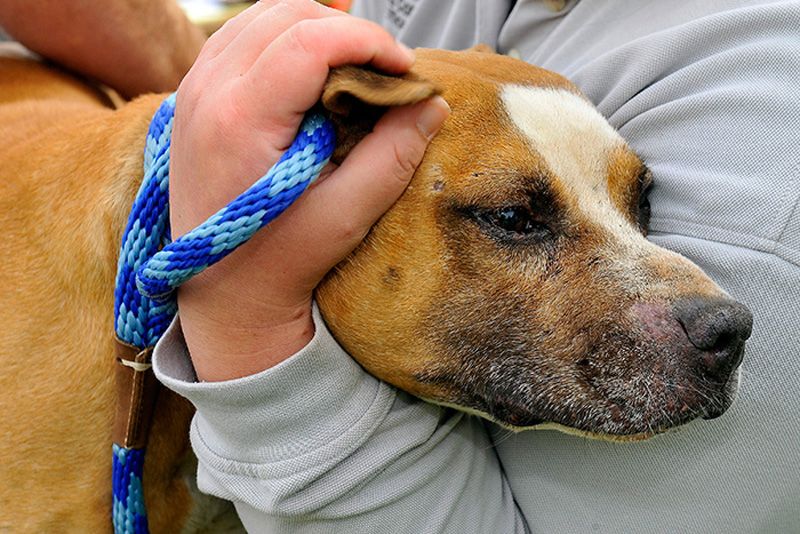
Take the case of the Front Street Animal Shelter in Sacramento. For more than 25 years, California’s shelters operated under a state law that required any dog seized from a convicted animal fighter to be deemed a “vicious” animal. “The law created an unjust stigma for victims of dogfighting, many of whom are puppies, breeding females and stolen pets,” says HSUS legislative consultant Jennifer Fearing.
In 2016, Front Street joined a coalition of animal organizations and local governments that successfully lobbied to amend the law to strike that provision. At the shelter, “the boost to staff morale and volunteer morale has been wonderful,” says Katie Lisnik, HSUS director of cat protection and policy.
As more and more sheltering and rescue organizations learn to navigate the shoals of public policy work, their influence can be seen in laws that facilitate community cat sterilization programs, ban gas chambers for shelter euthanasia or support low-cost spay/neuter programs. And these organizations are better positioned to shoot down bad proposals—such as feeding bans for community cats or breed discrimination laws—early in the legislative process.
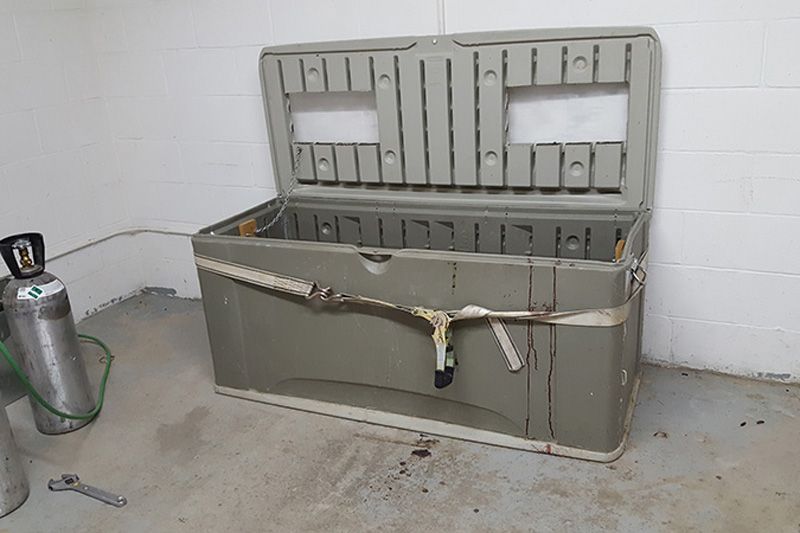
“Policy is happening to us whether we want to be involved or not,” Lisnik points out. “If you’re not involved, things are going to get changed anyway, and they could get changed for the worst. It’s not a good idea for people with no shelter experience to be making those changes.”
